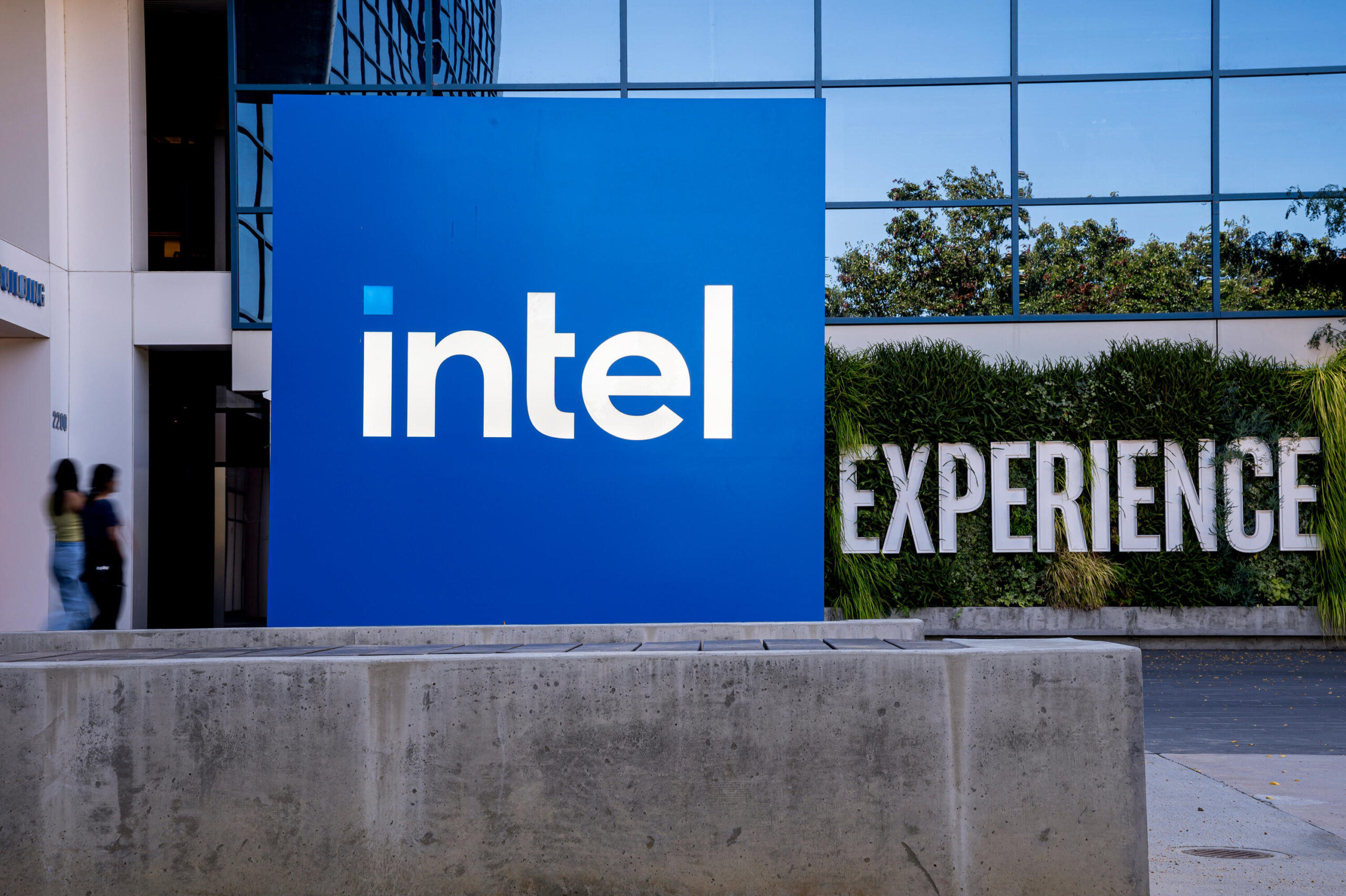
As AI systems continue to integrate into everyday life, the importance of AI Governance and Ethical AI Deployment cannot be overstated. These frameworks are essential for ensuring ethical AI practices that promote algorithm transparency and AI accountability. Moreover, the deployment of AI Governance and Ethical AI Deployment strategies will be critical to maintaining public trust in AI and ensuring compliance with evolving AI regulations. Therefore, enterprises must prioritize AI Governance and Ethical AI Deployment to stay competitive and trusted.

Why AI Governance Matters
First, AI Governance and Ethical AI Deployment refers to the policies, frameworks, and practices that ensure the responsible use of AI systems. It encompasses AI ethics, focusing on fairness, transparency, and accountability. For instance, organizations must ensure that algorithms operate without bias and that their decisions are explainable. Furthermore, as AI adoption grows, the potential risks, such as ethical violations and lack of transparency, become more significant. Consequently, strong AI Governance and Ethical AI Deployment frameworks are essential for mitigating AI risks and fostering ethical AI principles.
The Role of Ethical AI
Next, ethical AI is a cornerstone of effective AI Governance and Ethical AI Deployment. Ethical AI ensures that AI systems align with societal values and human rights. For example, algorithm transparency in decision-making fosters public trust in AI. Moreover, AI accountability measures ensure that organizations remain responsible for their AI’s actions. Therefore, prioritizing AI Governance and Ethical AI Deployment in AI systems is not just a moral obligation but also a strategic necessity for achieving enterprise AI trust.
Benefits of AI Governance for Enterprises
In addition, adopting robust AI Governance and Ethical AI Deployment platforms offers tangible benefits for enterprises. Companies with strong governance frameworks are more likely to achieve higher AI compliance and better regulatory compliance scores. Moreover, these measures enhance public trust in AI, making organizations more competitive. Therefore, businesses that focus on implementing AI Governance and Ethical AI Deployment solutions will outperform those that do not.
Challenges in AI Governance
However, despite its importance, AI Governance and Ethical AI Deployment poses several challenges. For instance, the rapid evolution of technology makes it difficult for AI regulations to keep up. Similarly, identifying and addressing biases in AI systems can be complex. Nevertheless, addressing AI Governance and Ethical AI Deployment challenges through collaboration between governments, businesses, and academic institutions is crucial.
Building Effective AI Governance Frameworks
To address these challenges, organizations must establish robust AI Governance and Ethical AI Deployment frameworks. First, they need clear policies that emphasize ethical AI principles and AI ethics. Additionally, investing in tools that enhance algorithm transparency and monitor AI performance ensures responsible usage. Furthermore, engaging stakeholders fosters public trust in AI, ensuring governance remains effective and relevant.
The Future of AI Governance
Finally, as AI adoption grows, the demand for robust AI Governance and Ethical AI Deployment frameworks will only increase. Enterprises embracing AI Governance and Ethical AI Deployment strategies will lead the way in building trust and ensuring compliance. Therefore, the future of AI systems lies in balancing innovation with responsibility, fostering a world where AI Governance and Ethical AI Deployment is the foundation of progress.






